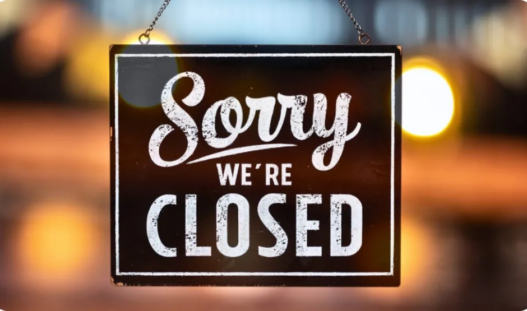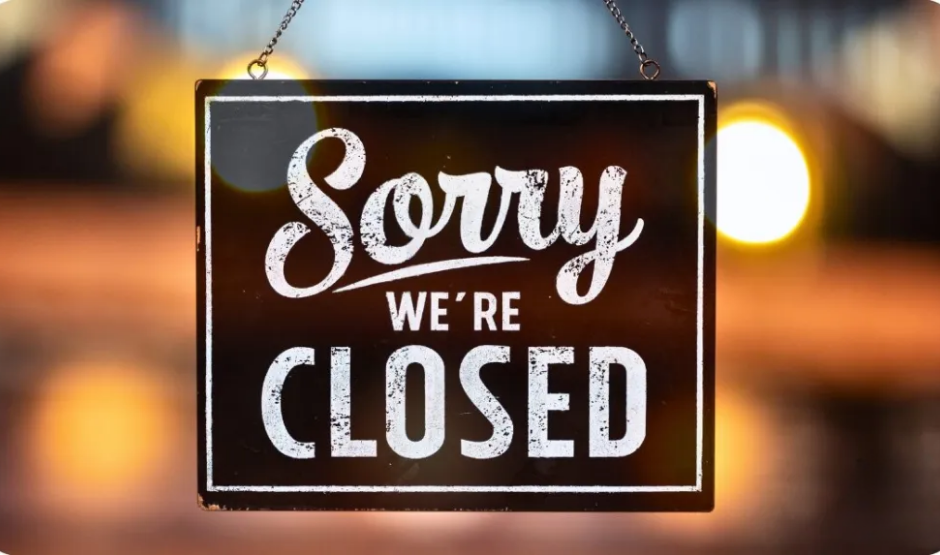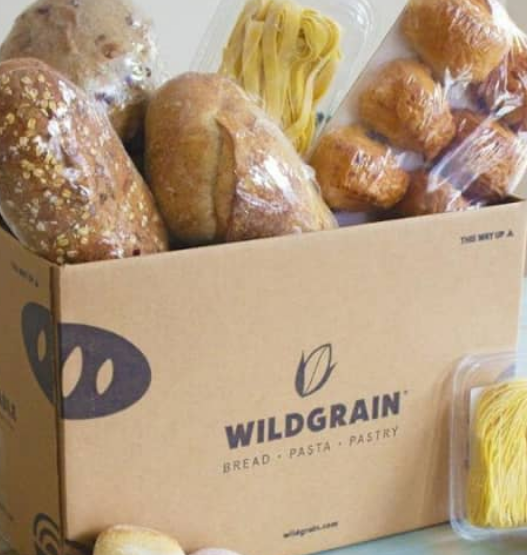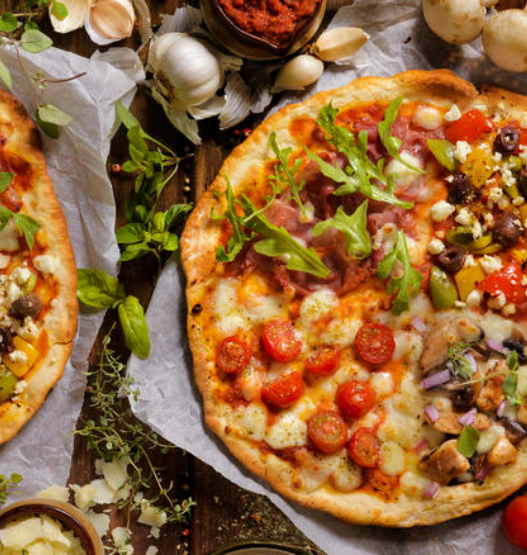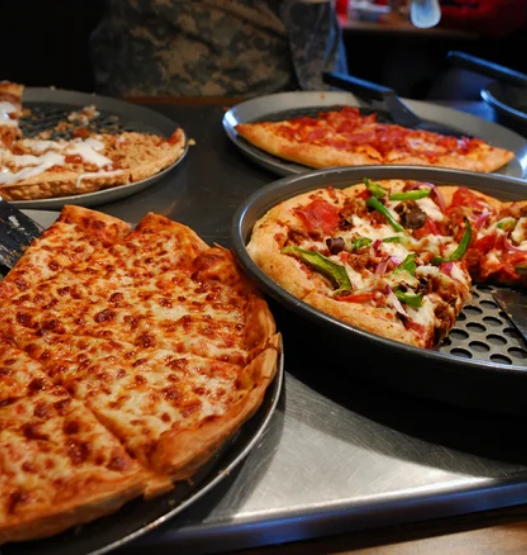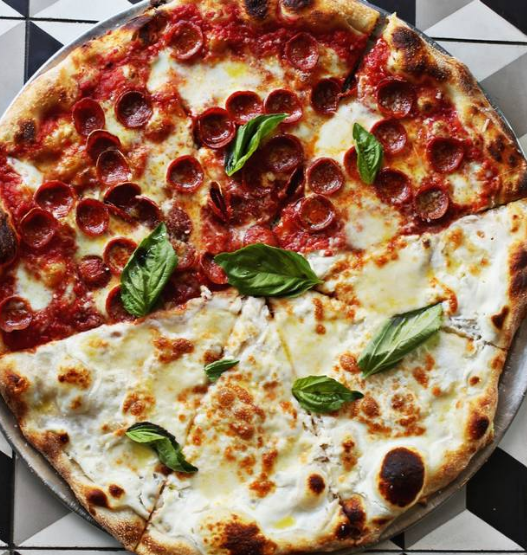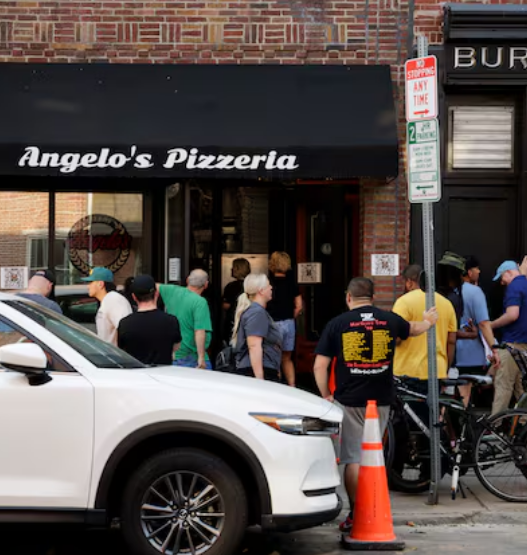This article was inspired by content originally published on MSN
Introduction
Pizza is a comfort food built on trust trust that your pie will be hot, safe, and delicious every single time. But when a brand breaks that trust, it can be nearly impossible to rebuild. The recent closures of Papa Gino’s a chain once notorious for viral food horror stories should serve as a wake-up call to everyone in the pizza business, from ingredient suppliers to your neighborhood shop.
A Slice of Bad Reputation
Papa Gino’s was once a beloved regional chain, but repeated allegations of poor hygiene, mishandled food, and shocking images shared online turned its name into a punchline. While many shop owners think “That could never be us,” the reality is that food safety slip-ups can happen to any business big or small without strong systems in place.
For Suppliers: How Clean Is Your Chain?
Ingredient suppliers play a huge role in a pizza shop’s food safety story. If your bulk cheese or sauce arrives compromised, your reputation and that of your clients is on the line. This is why more suppliers are investing in advanced temperature tracking, safe transport, and transparent sourcing.
💻 For Shop Owners: Smart Tech That Saves Your Reputation
Small shops rarely have the budgets of big chains, but technology is more accessible than ever. Consider tools like digital HACCP monitoring systems that automatically log fridge temps, or kitchen display systems (KDS) that track order accuracy. These solutions reduce human error the same error that can lead to foodborne illness, bad reviews, or worse.
When was the last time you audited your kitchen’s safety protocols? Even routine tasks like cleaning dough trays or sanitizing pizza peels can become blind spots during a rush. A simple checklist app or restaurant operations software can help your team stay on top of sanitation.
Enthusiasts, Don’t Be Fooled: Home Pizza Safety Matters Too
It’s not just shops and suppliers. Home pizza makers should remember that the same rules apply in your own kitchen. Always wash hands after handling raw toppings, use separate cutting boards for meats and veggies, and bake your pies to a safe internal temperature.
If you’re getting serious about home pizza nights, a professional-grade pizza stone or an outdoor pizza oven helps you reach the perfect bake and avoid undercooked dough, which can harbor bacteria.
Looking to level up? A simple digital probe thermometer is an essential tool that even many pizza enthusiasts overlook.
Final Slice
Papa Gino’s downfall is a reminder that trust is everything. For suppliers, it means delivering clean, high-quality ingredients every time with the tech to back up your promises. For shop owners, it means investing in systems and training that make safe, delicious pizza the norm not the exception.
And for all of us who love pizza, it’s a reminder that the best pie is one that’s made with care, from farm to oven to table.
This article was inspired by content originally published on MSN











